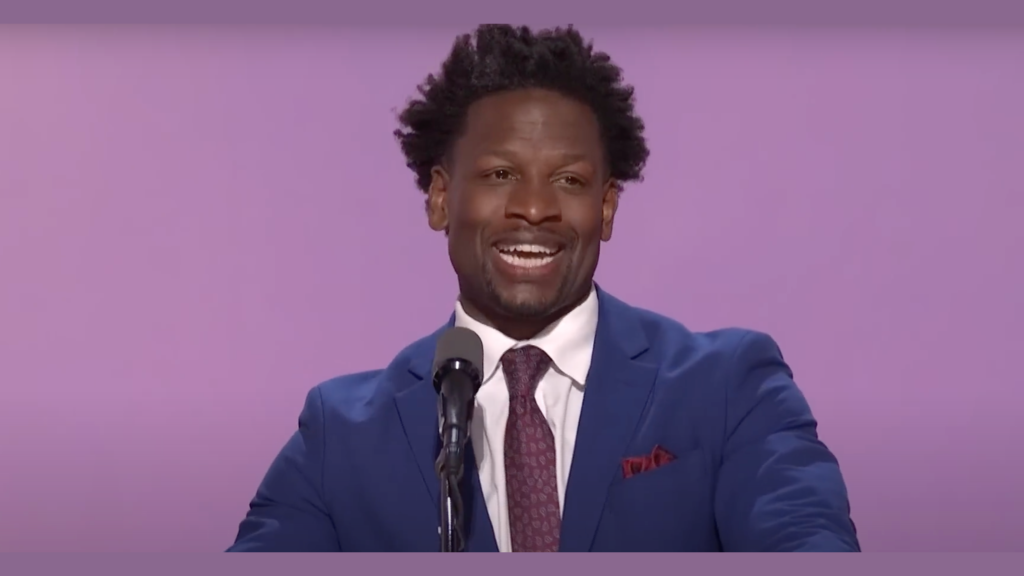Pastor Lorenzo Sewell has emerged as a prominent supporter of Donald Trump, particularly among the Black community in Michigan, where his advocacy has garnered attention. In June, he hosted a roundtable with Trump, focusing on the concerns of Black voters and subsequently delivered a compelling speech during the Republican National Convention. Sewell has been critical of Kamala Harris, specifically accusing her of exploiting the Black community for political gain. His growing frustration comes amid her recent efforts to connect with Black voters, which he perceives as insincere, especially as she opts for dialogue with audiences that may not challenge her views directly.
Harris’s recent outreach efforts included an event with popular podcaster Charlamagne tha God, which she intended to bolster support among Black men. However, Pastor Sewell expressed his indignation during a segment on Fox & Friends, questioning the efficacy and authenticity of Harris’s approach. He condemned her decision to engage with Charlamagne, labeling him a “false god,” particularly in a community rich in religious institutions and faith-based leadership. Sewell’s anger is rooted in a broader concern about Black representation in politics and how political figures engage with Black voters, emphasizing the need for meaningful discussions rather than superficial interactions.
Sewell highlighted the frustration felt within Black communities regarding political tactics that rely on “virtue signaling” and “identity politics.” He asserted that Black men are not naive or uninformed about the political landscape, observing that the Democratic Party, for decades, has taken their support for granted. He referenced the biblical story of Moses demanding the liberation of his people, drawing a parallel to his call for genuine acknowledgment of the community’s needs and interests in federal policy discussions.
Moreover, he criticized Harris’s reliance on celebrity endorsements and entertainment-focused appeals, arguing that such strategies do not address the fundamental issues facing urban America. Instead of engaging with the realities of these communities, Harris appears to prioritize form over substance, which outrages community leaders like Sewell. He and others are calling for a deeper commitment to addressing systemic challenges rather than relying on surface-level celebrity connections.
Recent analyses also reveal challenges for Harris among Black voters, with reports stating that Trump has managed to secure a stronger position among this demographic than any Republican presidential nominee since 1960. Observers note that many Black voters are disenchanted with Harris, as even prominent figures such as Barack Obama have acknowledged this growing sentiment. Additionally, anecdotal evidence surfaced when Oprah Winfrey recounted her experience with a Black man at an airport who expressed his intention to vote for Trump instead of Harris, further highlighting the disconnection between her outreach and the sentiments prevalent in Black communities.
Pastor Sewell’s strong denunciation of Harris’s tactics presents a broader critique of how political figures engage with minority voters. His assertion that Black individuals are demanding intellectual engagement and real solutions rather than performative gestures marks a significant moment in the political landscape. As Black communities navigate their complex relationship with both political parties, the expectations set forth by community leaders like Sewell reflect a growing call for authenticity and accountability in political engagement. This ongoing discourse reveals the evolving dynamics of political allegiance and the increasing importance of substantive dialogue in securing support from historically marginalized communities.

